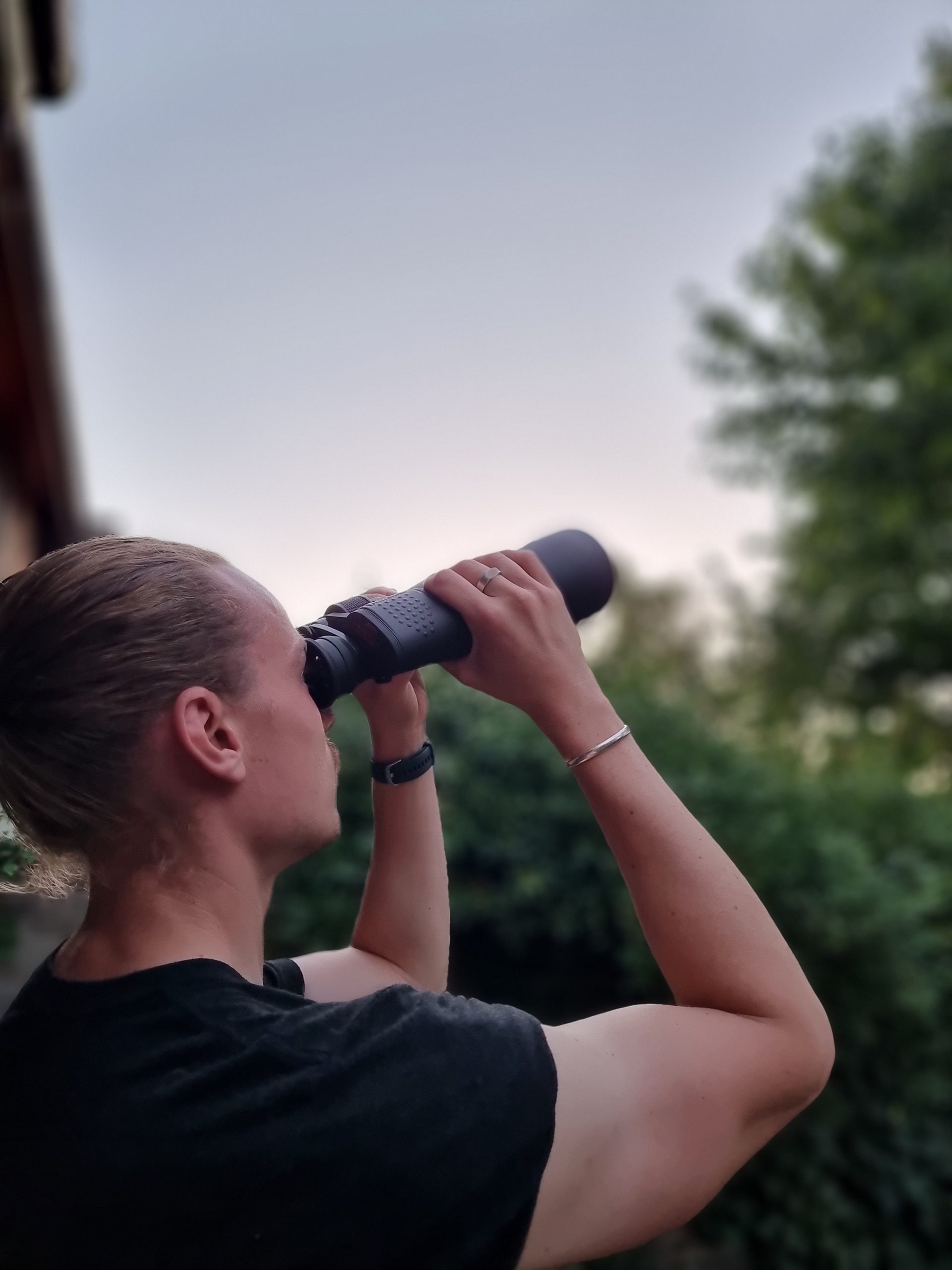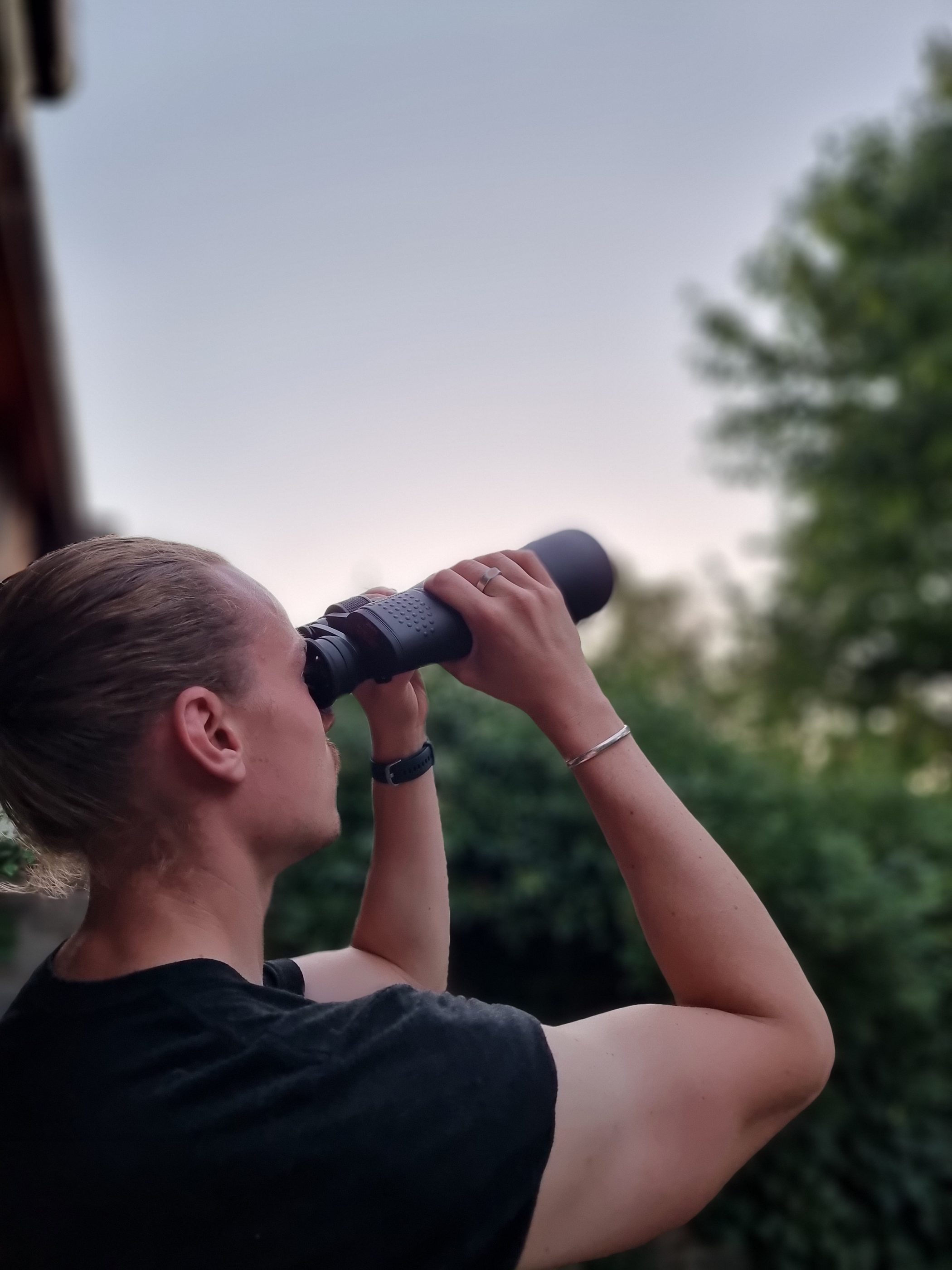Being an astronaut is the dream of many. Perhaps it’s yours too. Well, it’s no easy road to becoming an astronaut. In fact, it takes about 10 years from the very start of the process, which is schooling, to the very end, that of being given status as a qualified astronaut. Such an intense and rigorous application process is necessary when you consider how important yet dangerous the job of being an astronaut is. But they don’t just let anyone onboard the space station. No, sir! Yes, before you’ve even started your journey of becoming an astronaut, it may already be futile because there are certain things that can disqualify you.. Some of them can be overcome, whilst others cannot. Now, it’s time to find out exactly what these potential disqualifications are.
So, what disqualifies you from being an astronaut? You can be disqualified from becoming an astronaut if you don’t have the right citizenship or the right qualifications and if you don’t pass the physical test, and/or if you have a medical condition that will prevent you from safely completing your mission. To be an astronaut, it is also required that you have the relevant qualifications, two years of relevant professional experience, and the ability to pass physical and psychological tests.
As you can see, there are many things that can disqualify you from becoming an astronaut.
So let’s explore them further before flipping the question on its head; what are the requirements?
What Disqualifies You From Being An Astronaut?
You can be disqualified from being an astronaut if you don’t have the right citizenship, you don’t have a relevant degree/master’s degree, you don’t pass the physical test, and/or you have a medical condition that will prevent you from safely completing your mission.
So, there’s a lot to get through when it comes to ways you can be disqualified from being an astronaut.
Lots of these areas can be checked before you even begin your journey. And trust me, it’s worth doing so!
Let’s go through each area one by one.
Citizenship
It’s quite simple; if you don’t have citizenship, you can’t be an astronaut.
Well, that’s at least the case when it comes to NASA. But it is also the case for most other space-exploring nations.
When we’re talking about US citizenship in this scenario, we do also include any valid US dual citizenship.
The bottom line is that if you don’t have US citizenship, then you will be disqualified from being an astronaut for NASA.
The Wrong Degree
Aspiring astronauts need to complete 6 years of schooling. That’s 4 for an undergraduate degree and 2 for a master’s degree.
But before you sign up for that degree, make sure it’s the right one.
That’s because NASA and other space organizations won’t consider applicants who don’t have a relevant degree in a STEM field.
Trust me; you don’t want to complete 6 years of schooling just to realize you took the wrong classes!
Otherwise, it’s straight back to the drawing board from year one if you really want to continue pursuing your dream of becoming an astronaut.
So, if you have the wrong degree, you will be disqualified from becoming an astronaut.
Here is a list of degrees that people often assume will be classed as ‘relevant’ by NASA.
- Degrees in Technology, including Engineering Technology, Aviation Technology, or Medical Technology
- Degrees in Psychology (except for Clinical Psychology, Physiological Psychology, and Experimental Psychology, which are qualifying degree fields)
- Degrees in Nursing
- Degrees in Exercise Physiology or similar fields
- Degrees in Social Sciences, including Geography, Anthropology, or Archaeology
- Degrees in Aviation, Aviation Management, or similar fields
Physical Test
Then there’s a physical that you would have to pass.
NASA is called the ‘Long-duration Astronaut physical.’
This will include several physical tests, one of which measures distant and near visual acuity. Astronauts are required to have 20/20 in both eyes; however, if glasses are required to give an applicant this, then that is allowed. Refractive surgical procedures on the eyes will also be passable.
If you don’t have 20/20 vision and can’t gain it somehow, then you will be disqualified from becoming an astronaut.
The test also judges whether you are of a suitable height and weight.
There is a height requirement for being an astronaut. To be a commander or a pilot astronaut, you need to measure up between 158 cm to 190 cm. To be a mission specialist, you need to measure up somewhere between 149 cm to 193 cm.
There’s also a weight requirement as well for being an astronaut for NASA, which is that you must weigh between 50 to 95 kilograms. This requirement will vary between different space-exploring nations.
If you don’t match up on either or both of the height or weight requirements, then you will be disqualified from becoming an astronaut.
An applicant’s blood pressure will also need to not exceed 140/90 when they are sitting down. If it does, then I’m afraid, once again, the applicant will be disqualified.
Medical Conditions
Then there’s the issue of any underlying medical conditions an applicant may have.
NASA’s general rule is that all crewmembers must be free of any medical conditions that would impair their ability to participate in or be aggravated by spaceflight.
These conditions will, of course, be picked up in the physical test. Blood pressure was one we previously mentioned.
It’s a tricky business to navigate as there are so many medical conditions that could, on the one hand, disqualify you but also could be completely ok with NASA.
Below is a link to an official NASA document that goes into more detail about which medical conditions can cause disqualification.
What Are The Requirements For Being An Astronaut?
To be an astronaut, you need to have the relevant qualifications, 2 years of relevant professional experience, and the ability to pass their physical and psychological tests.
So we’ve gone through what you can’t have if you want to become an astronaut. Now it’s time to go through what you need to have.
Academic Qualifications
So, 6 years of schooling is required at the start of your journey to becoming an astronaut. That’s 4 years for an undergraduate degree and 2 for a master’s.
These degrees must be completed in a relevant STEM field, such as mathematics or hard sciences.
However, the requirement for the master’s degree can be replaced by the following qualifications:
- Two years (36 semester hours or 54 quarter hours) of work toward a Ph.D. program in a related Science, Technology, Engineering, or Mathematics field;
- A completed doctor of medicine or doctor of osteopathic medicine degree;
- Or completion (or current enrollment that will result in completion by June 2021) of a nationally recognized test pilot school program.
Work Experience
Once you’ve completed your 6 years of schooling, you’ll need to be a little more patient. Because even after this stage, you can’t just apply to be accepted onto the basic training program.
First, you’ll need to complete a minimum of 2 years of relevant professional experience.
Alternatively, you could complete at least 1,000 hours of pilot-in-command time in a jet aircraft.
Physical Test
We’ve already been through this in the disqualification section. So, it’s pretty straightforward here.
To become an astronaut, you must pass the space organization’s physical test.
Psychological Test
You’ll also need to be of sound mind. The job of being an astronaut is a dangerous one that requires excellent cognitive clarity and skill.
Applicants will therefore have to pass a psychological assessment.
Other Things To Know About Being An Astronaut
Before you embark on your journey to becoming an astronaut, you should also know that it will involve spending a long time away from your family, will be an intense career, and is also a dangerous job.
Spend A Long Time Away From Family
If you’re lucky enough to be chosen as an astronaut, just know that your family can’t travel up to space with you.
You’ll have to spend plenty of time away from them whilst you’re on missions.
Luckily astronauts can communicate with people back on earth through radio communication and social media.
But the fact is that you will have to be prepared to spend long stints of time away from your loved ones.
Intense Career
This is no easy job. It’s intense, both when you’re up on a mission and back on earth working at base.
The training is intense. The research is intense. The journey up to space is intense, and so is life up there.
But nothing is worth doing if it’s easy. Although being an astronaut is a hard job, it’s one of the most rewarding out there.
A Dangerous Job
Not only is it intense, but it is also dangerous. Astronauts have died in space, both during the journey up there and whilst on the space station as well.
Every job comes with its own set of risks, but none like those which you’ll face up in space.
Again, just like the intensity that comes with the territory, the dangers are the price an astronaut pays for the incredible experience they gain when visiting space.
Finally
So much can disqualify you from being an astronaut. But NASA has to ensure the safety of all their astronauts they send up to space.
The requirements are tough, but they have to be as well. After all, thousands and thousands of people apply at each new recruitment stage to become astronauts. And only a tiny fraction get selected.
Related Questions
Is there a weight limit for astronauts?
There is a weight limit for astronauts; they cannot exceed 95kg (or 209 pounds).
What is the average IQ of an astronaut?
The average IQ of an astronaut appears to be within the 130-150 range. This is because it typically takes a Ph. D. or advanced degree in a science field to qualify for the position.
Can you be an astronaut with ADHD?
You can be an astronaut with ADHD, at least, there is an astronaut with the condition (Scott Kelly). Whether or not you would want to be an astronaut with ADHD is another matter altogether and while it is possible, it is considered more unlikely that a position would be secured.
Can you be an astronaut with depression?
It is not possible to become an astronaut with depression. This would be evident on the application/screening/medical and likely result in a decline.

Hey, my name is Jeremy. I’m a passionate and seasoned astronomer who loves nothing more than observing the night sky. I also love researching, learning, and writing all things Space and the Universe. I created Astronomy Scope to share my knowledge, experience, suggestions, and recommendations of what I have learned along the way while helping anyone to get into and maximize their enjoyment of the hobby.

